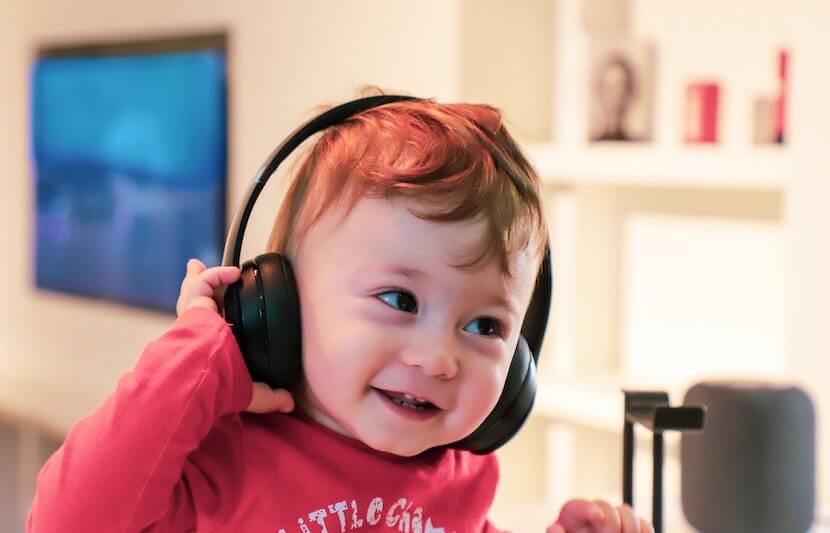-
How Parents Shape Young Adults’ Romantic Relationships
Effective parenting and a positive family climate during early adolescence may lead children to have healthier, less violent romantic relationships later in life, according to a recent study by researchers from The Pennsylvania State University. The researchers found that adolescents who reported a less conflictual family climate and parents who used effective parenting strategies, such… Read More
-
Lullabies and Rock Shows: How Music Makes Us Social
Music, from a very young age, has an enormous impact on human emotions, development, and social interactions. The more scientists learn about the way people process music, the better they can understand perception, multisensory integration, and social coordination throughout someone’s life. Two separate studies, which were recently presented at the 25th meeting of the Cognitive… Read More
-
New Study Shows How to Overcome Embarrassment
Mental training may be the key to overcoming embarrassment and helping people avoid humiliation or distress, a new study suggests. Researchers at Carnegie Mellon University (CMU) and the University of California, Los Angeles (UCLA) have found that when people train their mind to be an observer, rather than an active participant, in an embarrassing situation,… Read More
-
Living Abroad Develops Clearer Sense of Self
Living abroad increases “self-concept clarity,” or the idea that individuals have a more clear and confidently defined idea of themselves, according to a recent study conducted by social scientists at Rice University, Columbia University and the University of North Carolina. The researchers found that this trait not only increased in people who lived abroad, but… Read More
-
Ditch Your Smartphone to Better Enjoy Time with Friends and Family
In an age of constant connection and instant access to information, many of us are tied to our smartphones. It would be advisable though to stop using our smartphones every once in a while—when we’re dining out with friends and family, for example—so we can truly enjoy our time with them. In a recent study… Read More
-
Mindfulness Can Improve Problem-Solving Skills
Mindfulness can increase the capacity to solve computer-engineering problems, according to a recent study conducted by a team of researchers from the University of Seville, Spain. The paper is published in the Journal of Systems and Software. What is Mindfulness? In the field of psychology, mindfulness is to be fully aware of the present. The… Read More
-
College Roommates’ Sensitivity to Each Other’s Distress Can Be Helpful
While college roommates can sense each other’s distress, a recent study by New York University psychology researchers suggests they tend to underestimate the level of distress that each experiences. Supported by a grant from the National Institutes of Health, the study is published in the journal Personality and Social Psychology Bulletin. Stress in College College… Read More
-
Social Media Does Not Displace Face-to-Face Social Interactions
Contrary to popular belief, recent research suggests that social media is not replacing face-to-face contact with family and friends. The study is published in Information, Communication & Society. Fears of Social Displacement For many years, people have worried that social media is replacing human contact. Supporters of this belief poked at the irony: despite its… Read More
-
Trash-Talking AI Could Help Humans Get Along with Each Other
Brigham Young University computer science professors Jacob Crandall and Michael Goodrich, along with a team of researchers from MIT and other international universities, have created an algorithm that enables machines to compromise and cooperate instead of compete. The researchers are hoping that through their study they can improve the way humans interact with each other.… Read More










